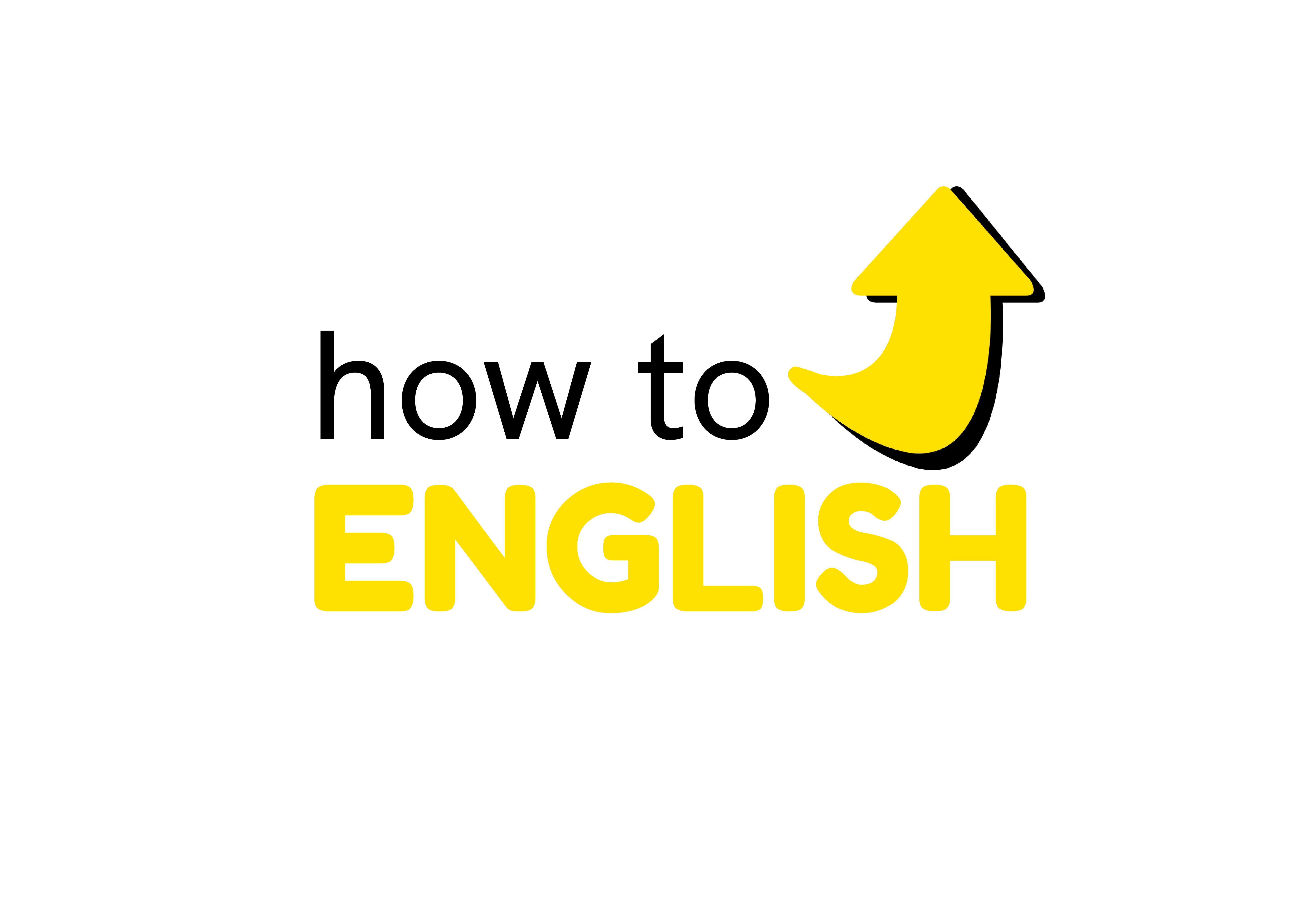I bought a piano about six months ago.
It’s funny because I don’t really have any intention of being able to play the piano.
All I want to do is learn to play my favourite songs and musical pieces.
What about you? Would you like to play an instrument?
Maybe not…
But would you like to be able to play your favourite songs on an instrument?
I’m sure most of you would.
Simply having a reason why you are learning something completely changes how attractive the learning process appears.
Learning something big like a language or musical instrument follows a completely different process compared to say, learning to ride a bike or learning to drive a car, which have a clear end point.
Learning a language or musical instrument don’t really have an end point. There is no moment at which you can say, “There! I’ve done it. I’ve learnt English!”
When you are learning big topics or subjects that have no end point, it’s important that your attitude to learning reflects the process.
What I mean by this is that you should not focus on the end goal of learning English.
Because there is no end goal.
Which means you will never reach it.
Which means you’ll get frustrated.
Which means you may give up.
Do not give up.
Change your focus.
Focussing on learning English (which means the whole language!) can be very intimidating.
Change your focus to having a purpose (a reason why) and milestones (small victories in the learning process).
Without a purpose the whole thing seems useless and pointless.
Let’s go back to the piano for a moment.
I never think about learning to play the piano extremely well.
My only interest (for now) is to learn my favourite songs and pieces.
My purpose is to learn to play and sing along to my favourite songs. And if I learn enough songs, I will eventually be a very good pianist as a natural result of knowing many songs.
And my milestones are the individual songs that I learn to play.
These milestones are great short-term goals that I can work towards and achieve pretty effortlessly in a week or two.
So I’m always making progress, and I never get worried about the end goal, because there isn’t one.
All I need to do is sit down for a bit today, and practise a particular part of the song I’m working on.
Nothing more.
Just like in my interview with Marc Reklau. When he is writing a book, he doesn’t think about the finished book, which is very intimidating. He just thinks about writing for two hours today.
No more.
He knows that if he just does that one thing today, then again tomorrow, the natural result is that eventually he will have a finished book in his hands.
Only think about that one action that you need to do today.
If you do it, then do it again tomorrow, eventually you’ll reach your milestone as a natural result.
If you worry about reaching (or not reaching) an end goal, the brain will find excuses not to get there.
The brain doesn’t like focussing on big end goals.
I’m not saying you shouldn’t have big end goals. I think you should; they are essential.
But you shouldn’t only have big end goals.
Start with a big end goal but you should also know that you may never reach that goal. But that’s ok. More important than that is reaching milestones.
Milestones are progress. And milestones are actions.
Only actions and progress matter.
And if you aren’t making progress in English, that means you are losing English.
There’s a great quote by Lou Holtz that reflects this idea: “Nothing on Earth is standing still. It is either growing or it is dying.”
[thrive_leads id=’1049′]
So here’s how you can make the whole process much easier and make sure that your English is always growing.
As opposed to obsessing over that invisible and very distant end goal of learning English, write down a list of positive things that will come from having improved English and think about those instead.
Write down things that you will be able to do as a result of having improved your English.
Things that you can’t do now but that you would like to be able to do like having a chat with a native speaker without worrying about what you have to say, being able to understand your favourite TV series without subtitles, or not being misunderstood when speaking English.
The thing or things on that list become your purpose.
Then write down milestones that you can reach that will help you with your purpose.
If we take the example of your favourite TV series, it could be to watch an entire season before a particular date.
Then write down a list of daily actions that you can take to get you closer to your milestone, like watching an episode of the series and writing down words and expressions that you hear along the way.
Forget the goal of learning English.
Think purpose and milestones.
Break big things down into small pieces.
Remember, your English is never standing still. It is either growing or it is dying.
All you need to do is make sure it’s always growing.
